Dealing with debt can be overwhelming, and it’s natural to feel stressed when considering your options. You may have heard negative things about Chapter 13 bankruptcy and wonder if it’s really that bad. In this article, we’ll explore the realities of Chapter 13 bankruptcy, both the good and the bad, to help you make an informed decision about your financial future.
What is Chapter 13 Bankruptcy?
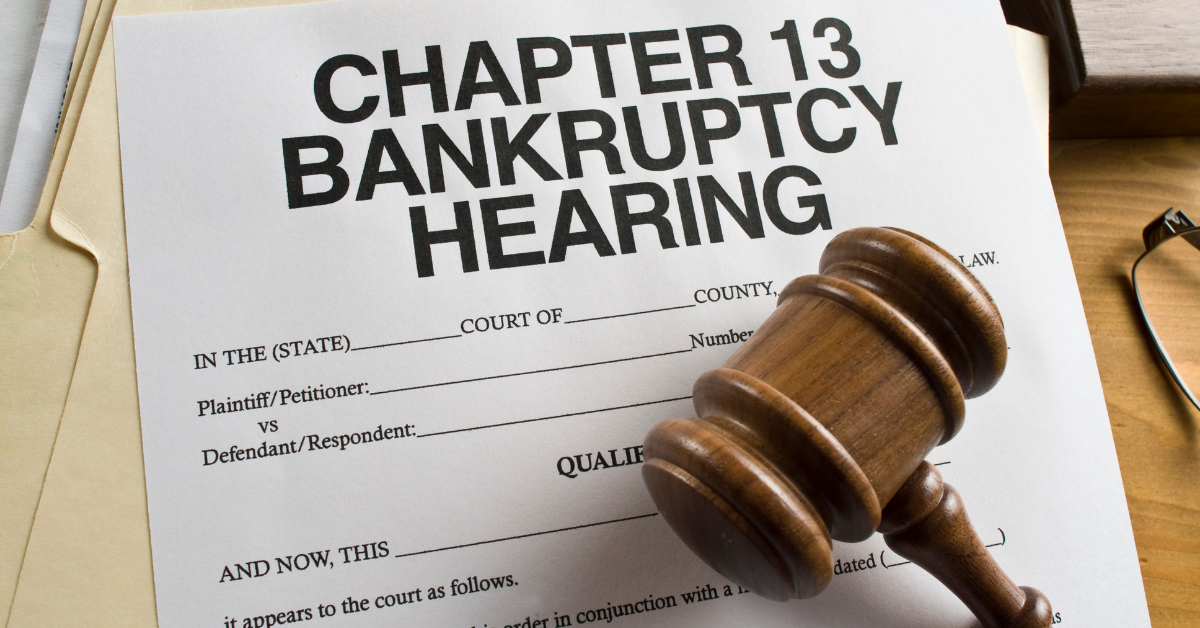
Chapter 13 bankruptcy is a legal process designed for individuals with regular income who need a structured repayment plan to address their debts. In Florida, this type of bankruptcy allows debtors to keep their property while repaying their debt over a period of 3-5 years. The repayment plan is based on disposable income or the liquidation value of non-exempt assets.
This form of bankruptcy can help stop foreclosure and catch up on missed mortgage payments. It can also protect co-signers on certain debts, address tax debts without incurring additional penalties, and even help reinstate a suspended driver’s license. However, there are some downsides to Chapter 13 bankruptcy, which we’ll discuss below.
Navigating Chapter 13 Bankruptcy with Professional Guidance
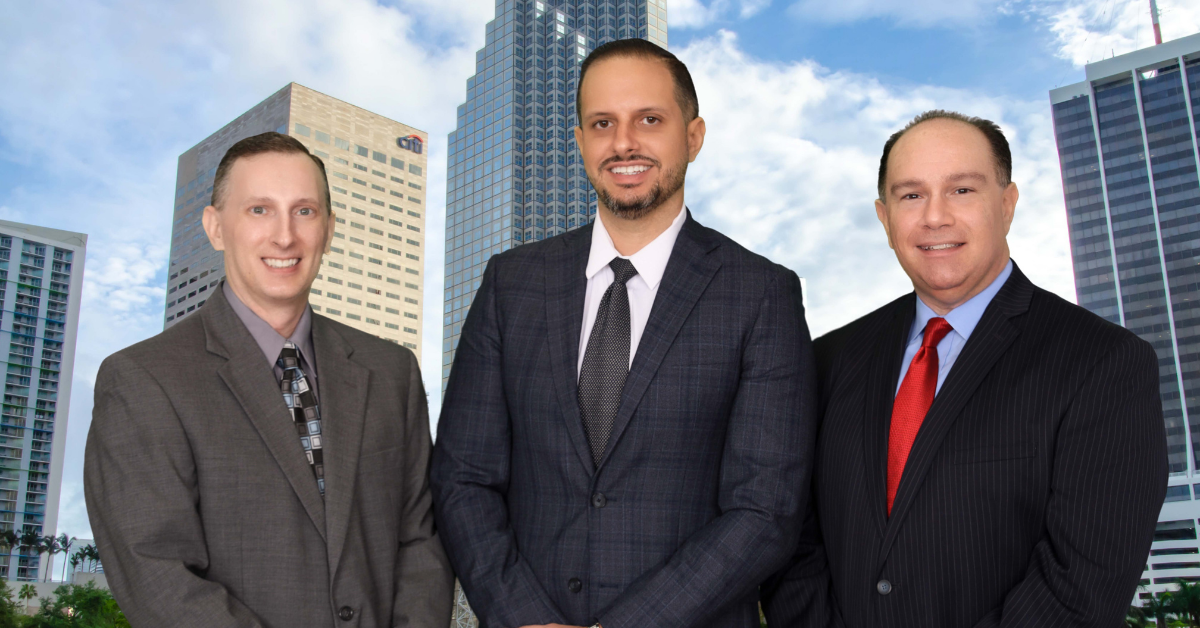
One of the key factors in successfully completing a Chapter 13 bankruptcy is having the right guidance and support. Working with an experienced bankruptcy attorney can make a significant difference in the outcome of your case. They can help you:
- Assess your financial situation and determine if Chapter 13 bankruptcy is the right choice for you
- Develop a feasible repayment plan that meets court requirements and fits within your budget
- Represent you in court and at the meeting of creditors (341 meeting)
- Navigate any obstacles or challenges that may arise during the bankruptcy process
- Modify or convert your repayment plan if your financial situation changes
By partnering with a knowledgeable bankruptcy attorney, you can increase your chances of successfully completing your Chapter 13 bankruptcy and achieving the financial fresh start you need.
Chapter 13 Bankruptcy and Your Credit Score
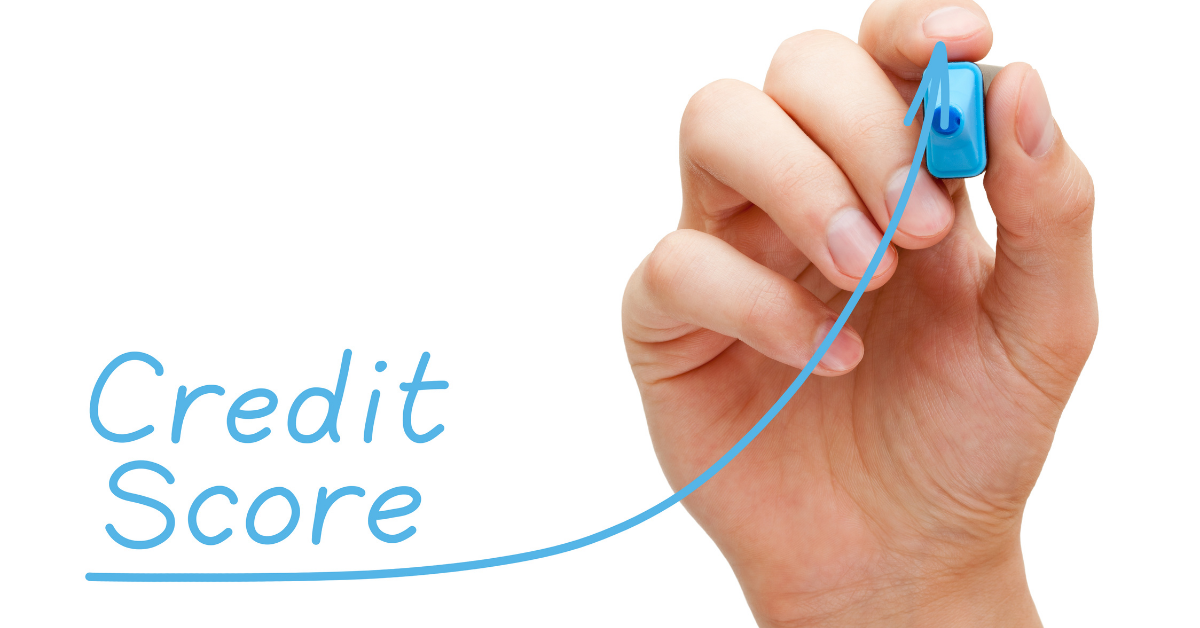
A common concern for those considering bankruptcy is the impact on their credit score. While it’s true that filing for Chapter 13 bankruptcy can initially lower your credit score, it doesn’t mean that your credit will be damaged forever. In fact, many individuals see an improvement in their credit score over time if they follow the right steps and recommendations.
Some ways to rebuild your credit after filing for Chapter 13 bankruptcy include:
- Making timely payments on your Chapter 13 repayment plan
- Keeping any remaining credit accounts in good standing
- Creating and sticking to a realistic budget
- Building an emergency fund to help avoid future financial setbacks
- Monitoring your credit report for errors and disputing any inaccuracies
Remember that your credit score is just one aspect of your financial health, and successfully completing a Chapter 13 bankruptcy can lead to long-term financial stability and improved credit over time.
Overcoming the Stigma of Bankruptcy

Bankruptcy, particularly Chapter 13, often carries a stigma that can make individuals hesitant to consider it as a viable option for addressing their debt. It’s important to recognize that bankruptcy is a financial tool designed to help people regain control of their finances and move toward a brighter future.
By educating yourself about the bankruptcy process and working with an experienced bankruptcy attorney, you can make an informed decision about whether Chapter 13 bankruptcy is the right choice for your unique financial situation. Don’t let the stigma of bankruptcy hold you back from exploring your options and taking the necessary steps to achieve financial freedom.
The Role of Credit Counseling and Debtor Education in Chapter 13 Bankruptcy
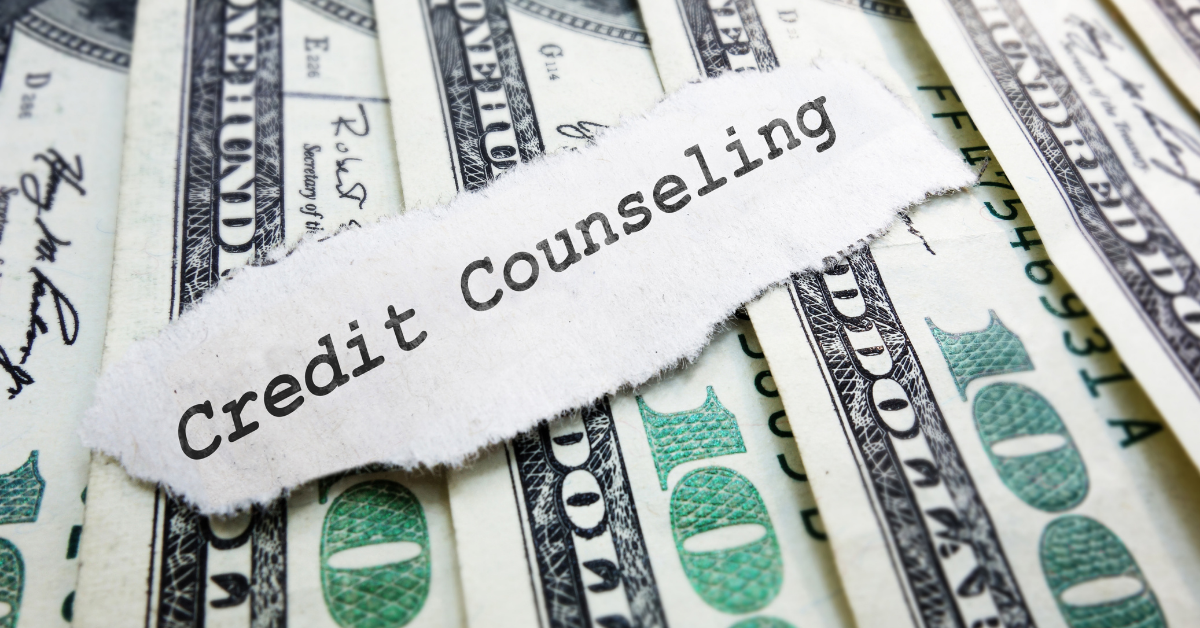
A crucial aspect of Chapter 13 bankruptcy is the requirement for debtors to complete credit counseling and debtor education courses. These courses are designed to help individuals learn better financial management habits and avoid future debt problems.
Credit counseling must be completed within 180 days before filing for bankruptcy. During this course, you’ll review your finances, discuss possible alternatives to bankruptcy, and create a personalized budget plan. This counseling can provide valuable insights into your financial situation and help you determine if Chapter 13 bankruptcy is the right path for you.
Debtor education is required after filing for bankruptcy but before receiving a discharge. This course covers topics such as budgeting, managing money, using credit wisely, and dealing with financial emergencies. By completing these courses, you’ll gain the knowledge and skills needed to maintain a stable financial future after your Chapter 13 bankruptcy.
How Chapter 13 Bankruptcy Can Help with Specific Debts
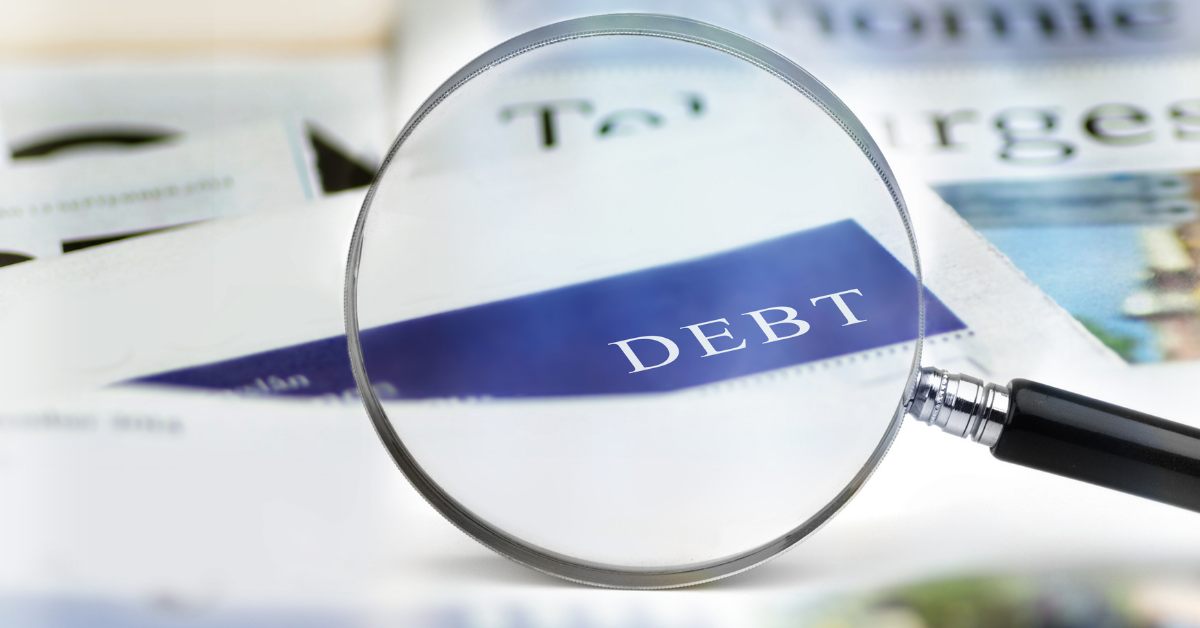
Chapter 13 bankruptcy can be particularly beneficial for addressing certain types of debts that may not be easily managed or eliminated through other means. Some examples of these debts include:
- Past-due mortgage payments: Chapter 13 bankruptcy can help you catch up on missed mortgage payments and avoid foreclosure, allowing you to keep your home.
- Second mortgages or home equity loans: If your home’s value has decreased, Chapter 13 bankruptcy may allow you to remove a second mortgage or home equity loan, reducing your overall debt burden.
- Student loan debt: While student loans are generally not dischargeable in bankruptcy, Chapter 13 can help you manage these debts by including them in your repayment plan, potentially reducing your monthly payments.
- Tax debts: Chapter 13 bankruptcy can help you address tax debts without incurring additional penalties and interest, making it easier to repay what you owe.
- Domestic support obligations: If you have past-due child support or alimony payments, Chapter 13 bankruptcy can help you catch up on these obligations while also addressing your other debts.
By addressing these specific debts within your Chapter 13 repayment plan, you can work towards a more manageable financial situation and a fresh start.
The Importance of a Feasible Chapter 13 Repayment Plan
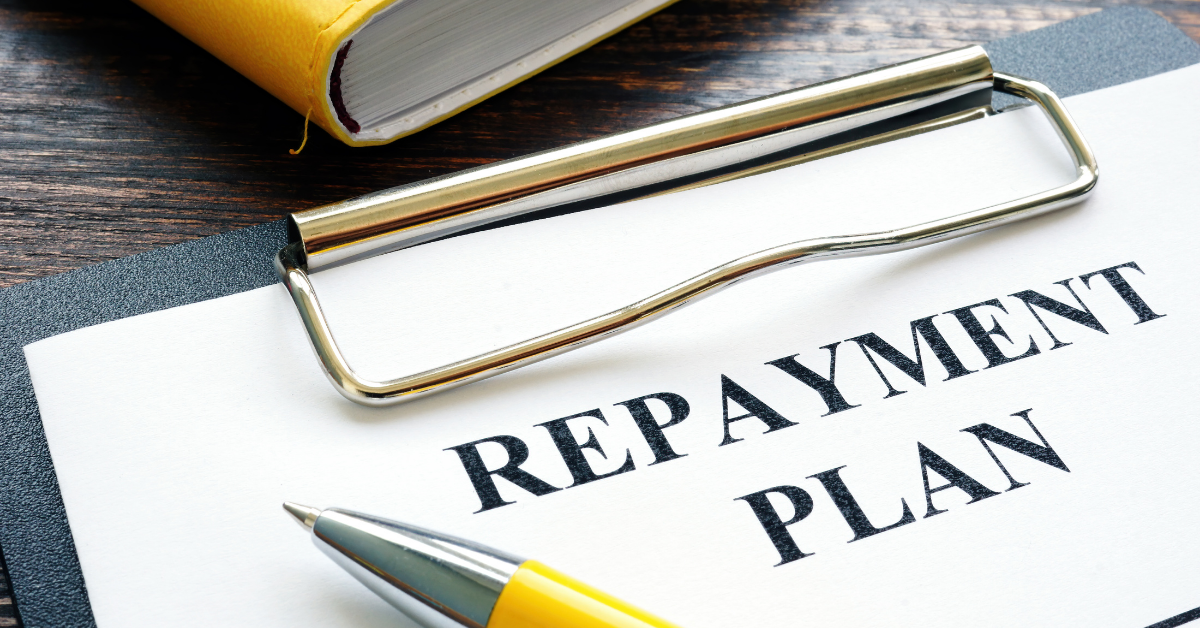
A key component of a successful Chapter 13 bankruptcy is creating a feasible repayment plan that meets court requirements and fits within your budget. To develop an effective plan, you’ll need to consider factors such as your disposable income, the liquidation value of any non-exempt assets, and the types of debts you owe.
An experienced bankruptcy attorney can help you create a plan that prioritizes your most important debts, such as mortgage payments and tax obligations, while also addressing your unsecured debts, like credit card balances and medical bills. By carefully crafting a realistic repayment plan, you increase your chances of successfully completing your Chapter 13 bankruptcy and achieving long-term financial stability.
Addressing Underwater Mortgages and Exploring Mortgage Modification Options

Chapter 13 bankruptcy can be an effective tool for addressing underwater mortgages, where the outstanding loan balance exceeds the current value of the property. By including your mortgage in your repayment plan, you can work towards reducing the principal balance owed on your home, making your mortgage more manageable.
Additionally, Chapter 13 bankruptcy provides an opportunity for debtors to explore mortgage modification options. These modifications can potentially lower your monthly mortgage payments, extend your repayment term, or even reduce the principal balance of your loan. By working with your lender and an experienced bankruptcy attorney, you can navigate the mortgage modification process and find a solution that works for you.
Protecting Co-Signers and Co-Owned Property in Chapter 13 Bankruptcy

One of the unique advantages of Chapter 13 bankruptcy is the protection it can offer to co-signers on certain debts. If you have co-signed loans or joint credit accounts with friends or family members, filing for Chapter 13 bankruptcy can help shield them from collection actions and potential financial liability.
In addition, Chapter 13 bankruptcy can also be beneficial for those with co-owned property. By including these assets in your repayment plan, you can protect your co-owners from losing their share of the property due to your financial difficulties. This can be especially important for those who share ownership of a home, as it can help prevent foreclosure and protect the interests of all parties involved.
Frequently Asked Questions About Chapter 13 Bankruptcy
We understand that you may have many questions about Chapter 13 bankruptcy and whether it’s the right choice for your financial situation. Here, we’ve compiled some of the most common questions we receive from clients to help you gain a clearer understanding of this form of debt relief.
How long does Chapter 13 bankruptcy stay on my credit report?
Chapter 13 bankruptcy will typically remain on your credit report for ten years. However, it’s important to remember that your credit score can improve during this time if you follow the correct recommendations and demonstrate responsible financial behavior.
Can I still keep my assets if I file for Chapter 13 bankruptcy?
Yes, Chapter 13 bankruptcy allows you to keep your assets as long as you adhere to the terms of your repayment plan. This is one of the key benefits of this type of bankruptcy, as it enables you to protect your property while working towards debt relief.
Will Chapter 13 bankruptcy stop wage garnishments and collection actions?
Filing for Chapter 13 bankruptcy triggers an automatic stay, which temporarily halts collection actions, including wage garnishments and bank levies. This can provide you with much-needed relief as you work on your repayment plan.
Can I modify my Chapter 13 repayment plan if my financial situation changes?
Yes, you may be able to modify your repayment plan or even convert your case to a Chapter 7 bankruptcy if your financial situation changes significantly during the course of your plan. It’s essential to consult with your bankruptcy attorney to discuss your options in such situations.
How does Chapter 13 bankruptcy affect co-signers and co-owned property?
Chapter 13 bankruptcy can protect co-signers on certain debts from collection actions and financial liability. It can also help protect co-owned property by including it in your repayment plan, preventing foreclosure or other negative consequences for your co-owners.
Can Chapter 13 bankruptcy help me reinstate my suspended driver’s license?
In some cases, Chapter 13 bankruptcy can help you reinstate a suspended driver’s license by including related debts, such as unpaid traffic tickets or fines, in your repayment plan. However, not all license suspensions can be resolved through bankruptcy, so it’s important to consult with an experienced attorney to assess your specific situation.
Contact Us to Learn More About Chapter 13 Bankruptcy
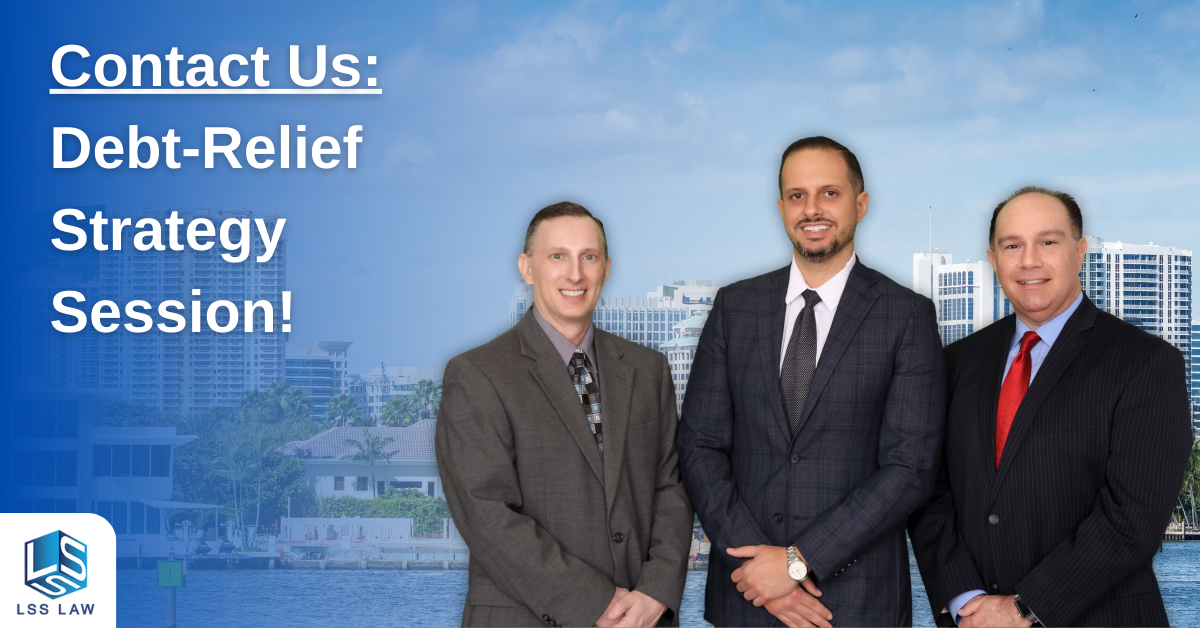
If you’re considering Chapter 13 bankruptcy and want to learn more about how it could benefit your financial situation, don’t hesitate to reach out to us at LSS Law. Our experienced bankruptcy attorneys are here to help you navigate the process and find the best solution for your unique circumstances. Schedule your free consultation for personal bankruptcies (Chapter 7 and 13) by calling us at 954-466-0541 or visiting our contact page. We offer consultations via Zoom or in person at our Fort Lauderdale or Miami locations. Let us help you remove the financial monkey from your back and open the door to a brighter future.






